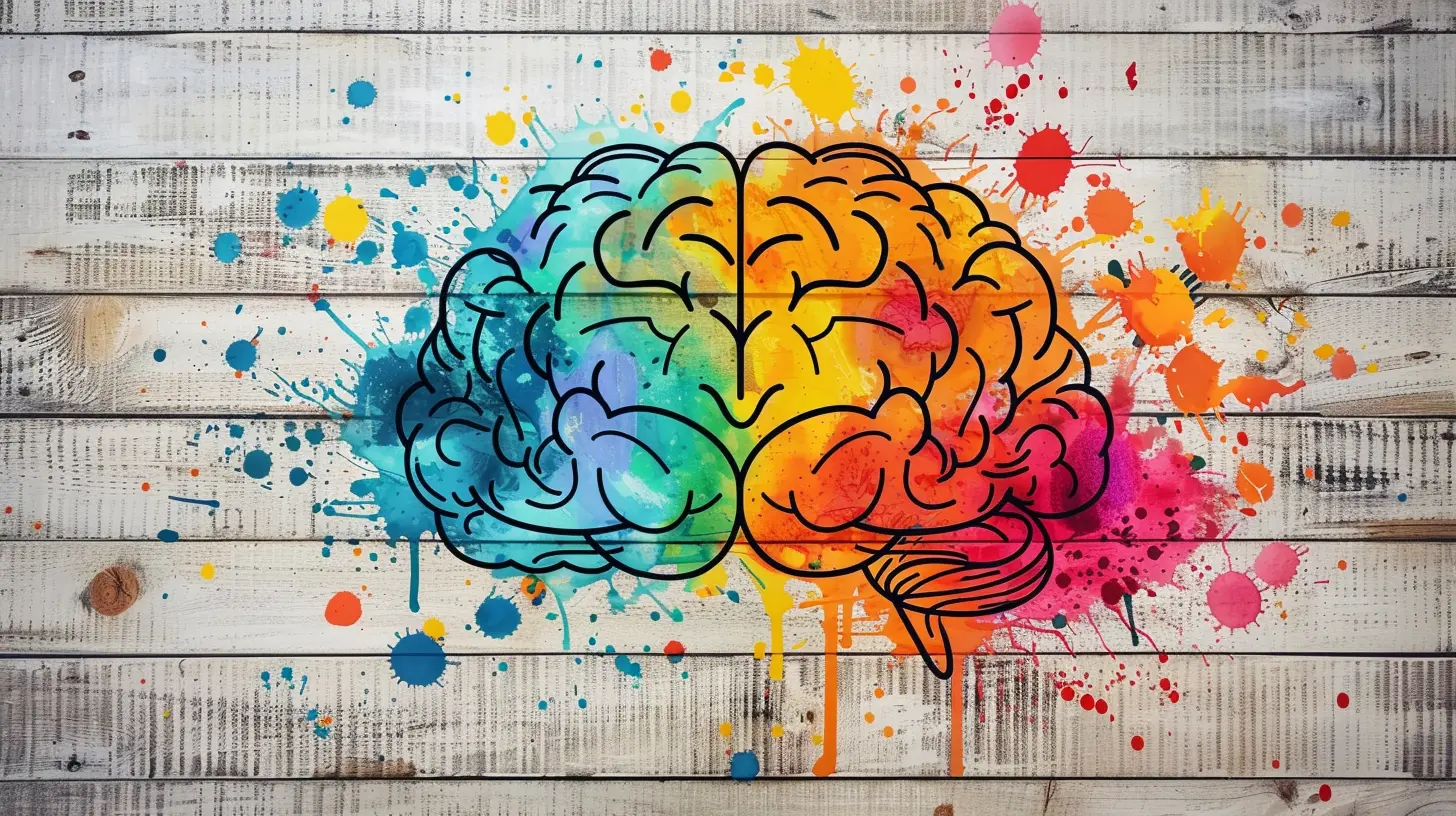30 September 2025
Emotional intelligence (EI) plays a crucial role in a child’s personal and academic success. While math, science, and language skills are vital, emotional intelligence lays the foundation for effective communication, resilience, and empathy. But how do we nurture this in young learners?
Many believe that emotional intelligence is an innate trait—either you have it, or you don’t. However, research proves otherwise. EI can be developed much like a muscle; the more we exercise it, the stronger it gets.
In this article, we’ll dive into the importance of emotional intelligence in children, practical strategies for fostering it, and how educators and parents can work together to create emotionally intelligent individuals. 
What Is Emotional Intelligence?
Emotional intelligence is the ability to understand, manage, and express emotions effectively. It also includes recognizing emotions in others and using this awareness to interact with empathy and kindness.Psychologist Daniel Goleman, who popularized the concept, broke it down into five key components:
1. Self-Awareness – Recognizing and understanding one’s own emotions.
2. Self-Regulation – Managing emotions in a healthy way.
3. Motivation – Using emotions to drive productivity and perseverance.
4. Empathy – Understanding and sharing the feelings of others.
5. Social Skills – Navigating social interactions with ease.
Now, why is this important for young learners? Let’s find out. 
Why Emotional Intelligence Matters for Young Learners
Have you ever seen a child burst into tears over a small setback, struggle to make friends, or react impulsively in frustration? These are common challenges that stem from emotional regulation difficulties.When children develop emotional intelligence, they benefit in several ways:
1. Better Relationships
Children with strong EI communicate more effectively, handle conflicts maturely, and show empathy. This helps them build healthy friendships and positive relationships with teachers and caregivers.2. Improved Academic Performance
Believe it or not, emotions impact learning. A child who can manage frustration is more likely to stay motivated even when facing academic challenges. Emotional intelligence helps children focus, persevere, and excel in school.3. Mental Health Benefits
Kids with high emotional intelligence develop resilience, which reduces their risk of anxiety and depression. They are better equipped to handle stress and bounce back from setbacks.4. Increased Self-Confidence
When children understand their emotions, they feel more in control of their reactions. This boosts their confidence and helps them navigate social and academic environments with ease.So, how can parents and educators help children build emotional intelligence? Let’s explore some practical strategies. 
Strategies to Foster Emotional Intelligence in Children
1. Encourage Emotional Expression
Children must feel safe expressing their feelings, whether they are happy, sad, frustrated, or excited. Instead of dismissing their emotions, acknowledge them.For example, if a child is upset about losing a game, instead of saying, _"It’s just a game, don’t be sad,"_ try, _"I see that you’re upset about losing. It’s okay to feel that way. Do you want to talk about it?"_
This validates their feelings and teaches them that emotions are natural.
2. Teach Emotional Vocabulary
Many children struggle to articulate their emotions simply because they don’t have the words for them. Expanding their emotional vocabulary helps them express themselves better.Instead of just teaching "happy" and "sad," introduce words like "frustrated," "disappointed," "excited," and "overwhelmed." You can use books, storytelling, or fun activities to do this.
3. Model Emotional Intelligence
Children learn best by observing adults. If they see parents, teachers, or caregivers handling emotions calmly, they are more likely to do the same.For instance, if you’re feeling frustrated, say, _"I’m feeling a bit overwhelmed right now, so I’m going to take a deep breath before responding."_ This shows them a healthy way to manage emotions.
4. Teach Self-Regulation Techniques
Helping children understand how to manage their emotions is crucial. Some effective techniques include:- Deep breathing exercises – Teach them to take a deep breath before reacting.
- Mindfulness activities – Simple activities like focusing on their breathing or naming five things they can see can help them stay present.
- Counting to ten – A classic but effective way to prevent impulsive reactions.
- Using a calm-down corner – Creating a quiet space with stuffed animals, books, or sensory items can help children regulate their emotions.
5. Encourage Empathy
One of the best ways to foster emotional intelligence is by teaching kids to recognize and validate others' emotions.- Ask questions like, _"How do you think your friend felt when that happened?"_
- Use role-playing activities where they step into someone else’s shoes.
- Read books that highlight emotions and discuss the characters’ feelings.
When children learn to see the world from someone else’s perspective, they naturally develop stronger connections with others.
6. Role-Playing Social Scenarios
Kids often struggle with navigating social situations. Role-playing helps them practice responding to different scenarios, such as:- Resolving a conflict with a friend
- Asking to join a group activity
- Standing up for themselves in a difficult situation
This hands-on approach boosts their confidence and prepares them for real-life interactions.
7. Use Positive Reinforcement
Recognizing and appreciating emotional growth encourages children to continue developing these skills.Instead of saying, _"Stop crying,"_ try, _"I’m proud of you for taking a deep breath before responding. That shows great emotional control!"_
By highlighting their progress, you motivate them to keep improving. 
The Role of Schools in Building Emotional Intelligence
Schools play a crucial role in fostering emotional intelligence. Beyond academics, they should create environments where students feel supported emotionally. Some strategies schools can implement include:- Social-emotional learning (SEL) programs – Structured curriculums that teach children how to manage emotions and develop empathy.
- Encouraging collaborative projects – Group activities where kids learn to work with others and navigate teamwork challenges.
- Mental wellness initiatives – School counselors, mindfulness sessions, and open discussions about emotions.
When emotional intelligence is embedded in school culture, students not only excel academically but also develop essential life skills.
Parents and Teachers: A Collaborative Approach
Raising emotionally intelligent children requires teamwork between parents and educators. Consistency is key—what's taught at school should be reinforced at home and vice versa.- Parents should communicate with teachers about their child’s emotional needs and progress.
- Teachers can provide feedback on a child’s social interactions and emotional development.
- Both should encourage open conversations about feelings and emotional experiences.
When children see that the adults in their lives prioritize emotions, they learn that their feelings are valid and worth understanding.
Final Thoughts
Fostering emotional intelligence in young learners is one of the most valuable gifts we can give them. It equips them with the skills to form strong relationships, cope with challenges, and lead fulfilling lives.It takes patience, practice, and consistency—but every conversation, every acknowledgment of emotions, and every small effort contributes to their growth.
So, let’s make emotional intelligence a priority—not just another skill to teach but a way of life to embrace. Because at the end of the day, knowledge is important, but understanding emotions is what truly shapes compassionate and successful individuals.









Kaitlin Price
Fostering emotional intelligence in young learners not only nurtures empathy and resilience but also shapes compassionate leaders of tomorrow. By cultivating these essential skills early, we empower children to navigate life's complexities with understanding and connection.
February 22, 2026 at 3:45 AM